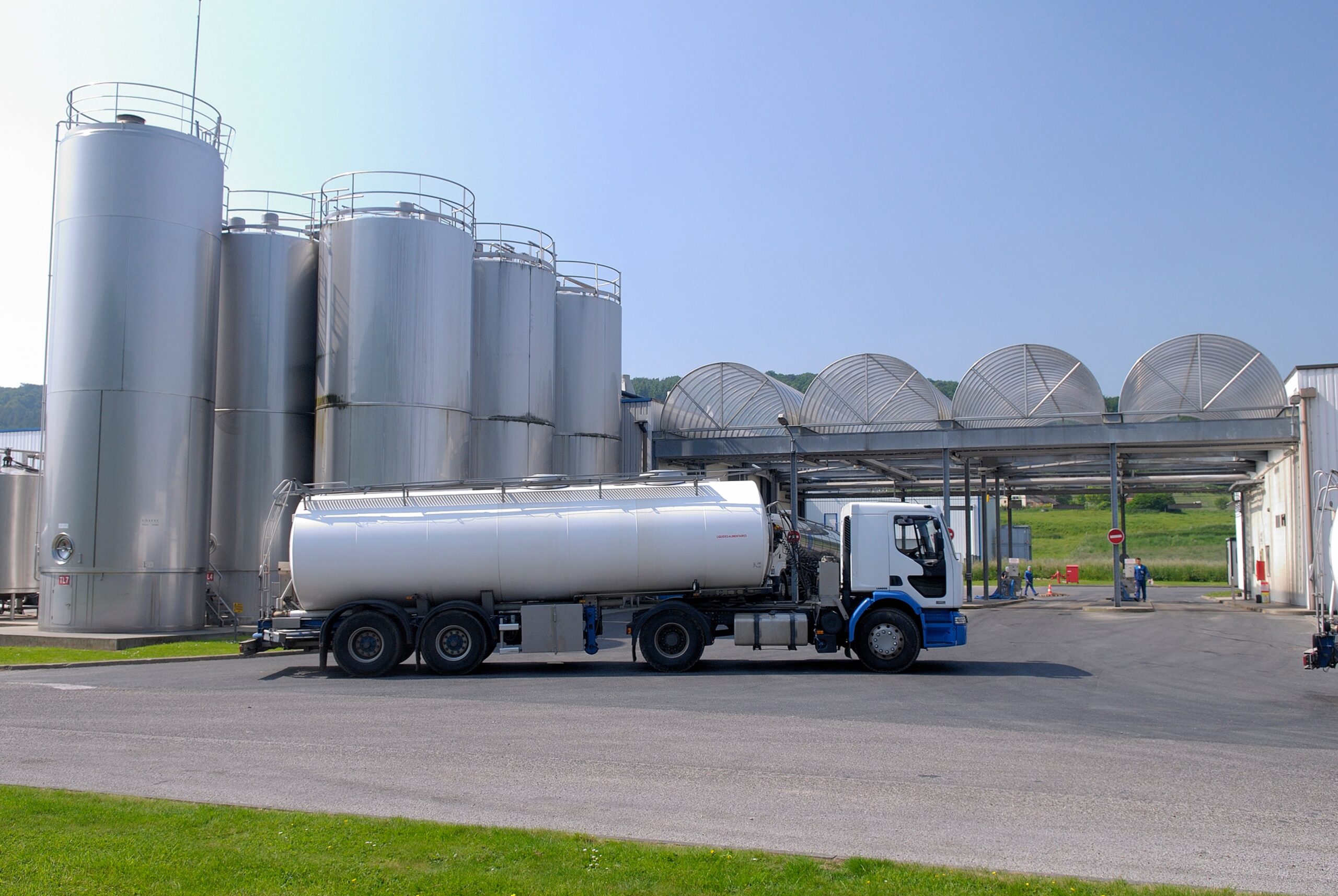In an ever-changing production world where efficiency, precision and speed are paramount, industrial weighing has taken on crucial importance. With the advent of Industry 4.0, automatic weighing solutions have become an essential link in the production chain. They enable optimum management of raw materials, rigorous monitoring of the production process and impeccable traceability of finished products.
What is an industrial weighing system?
An industrial weighing system is a set of automatic weighing machines integrated into production, transformation or distribution processes. These systems are capable of weighing a variety of products, from small parts to large volumes of raw materials or finished products, with a high degree of accuracy.
The importance of industrial weighing in the production sector
Weighing plays a decisive role in quality and productivity control. Whether in product formulation, compliance with standards and regulations, or inventory tracking, a reliable and accurate weighing system is a guarantee of industrial performance.
How an industrial weighing system works ?
The key elements of a weighing system
An automatic weighing system consists mainly of an automatic weighing machine, such as a scale or a heavy-duty weighbridge. This is combined with a product handling device (platform, conveyor, robot, etc.), and a data processing system connected to the company’s management software. Together, these elements form an integrated system that automates the weighing process and improves the efficiency of industrial operations.
Steps in the automatic weighing process
In automatic weighing, the product is brought to the scale via a conveyor or other transport system, where it is weighed. The weighing data is then collected and processed by the computer system for immediate use (quality control, process readjustment…) or later (production statistics, traceability…).
How does automatic weighing improve industrial processes?
The benefits of automatic weighing for industrial efficiency
Automatic weighing using automatic weighing machines offers many advantages for industry. Indeed, by automating this process, companies can not only increase productivity and efficiency, but also reduce the risk of human error. What’s more, by interconnecting weighing systems with other production equipment and management software, it is possible to optimize product tracking and traceability throughout the production chain.
Application example in the materials industry
Let’s take the example of a concrete production plant. Thanks to a precise and reliable automatic weighing system, each ingredient (cement, sand, gravel, water) can be weighed with a high degree of accuracy, guaranteeing the consistent quality of the concrete produced. What’s more, by coupling the weighing system with material flow management software, the company can monitor its raw material consumption in real time, optimize its supply, and ensure the traceability of its products.
The role of flow management software in industrial weighing management
In the era of Industry 4.0, integrating weighing systems with flow management software makes it possible to centralize production information, optimize raw material and product tracking, and improve decision-making. Whether for truck weighing in or out of the plant, or for in-line quality control, flow management software is an invaluable tool for maximizing industrial efficiency.
Conclusion
To sum up, the impact of automatic weighing on improving industrial processes is undeniable. It offers not only unrivalled accuracy and speed, but also improved traceability and optimized management of material and product flows. As Industry 4.0 continues to transform the way we produce and consume, it’s highly likely that automatic weighing solutions will continue to play a key role in the future of industry.











